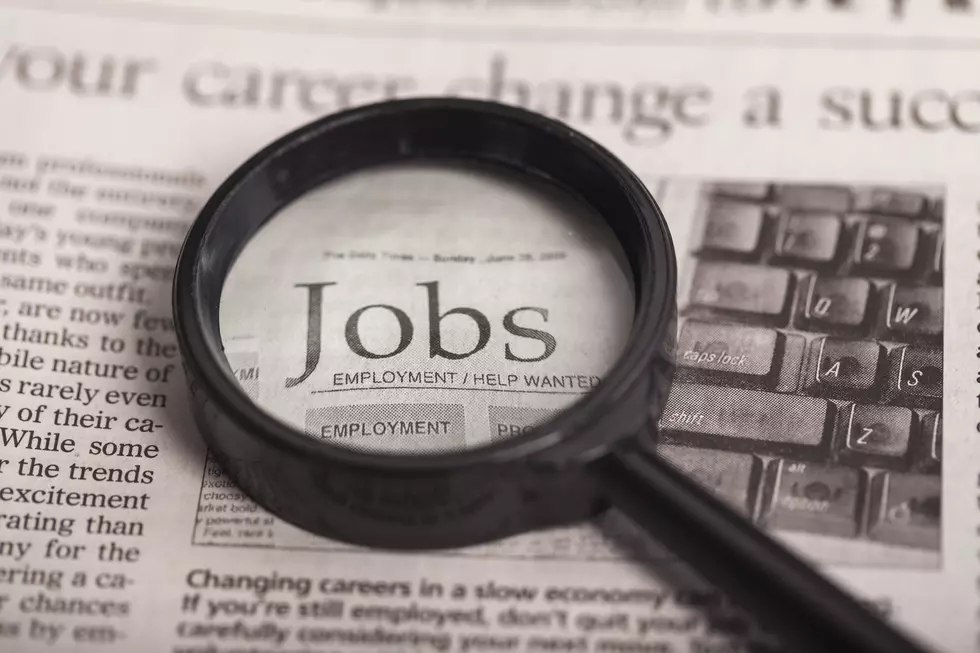![Unemployment Benefits Could End Soon [AUDIO]](http://townsquare.media/site/385/files/2012/02/capital.jpg?w=980&q=75)
Unemployment Benefits Could End Soon [AUDIO]
A safety net may be pulled out from under millions of Americans at the end of 2012, unless leaders in Washington choose to renew the program that has been keeping them afloat.
Extended jobless benefits from the federal government were provided to the unemployed over the last few years as a back-up for the first 26 weeks of benefits provided by states. Earlier this year, in a period of strong job creation nationwide, Congress decided to end the federal assistance at year's end.
A decision to renew the benefits would come as part of a deal on the looming "fiscal cliff," a series of tax increases and spending reductions scheduled to take effect January 1, 2013. Components involved in the the cliff negotiations add up to hundreds of billions of dollars; the federal unemployment benefits make up a small fraction of the big picture.
"I think the discussions that are going on in Washington are still focusing on the large components of the fiscal cliff," said Patrick O'Keefe, Director of Economic Research at CohnReznick in Roseland. "Then they will focus on the more detailed decisions, those affecting things such as the extended unemployment compensation."
O'Keefe said for many people, the extended benefits are currently their only source of income. Others can depend on a spouse's earnings.
"If the extended benefits program disappears, what do those who truly need it rely on to support themselves?" O'Keefe asked.
He said an argument to be made in favor of renewal of the program is that those who are actively looking for work in this slow-growth economy may simply have no other level of support when the funding runs out.
He continued, "We could argue whether there's another way to do this, a better way to do it...but in the short-run, the alternative for many of the recipients is a lack of income."
An estimated 2.1 million jobless Americans would be negatively affected if the program expires as planned later this month. Close to one million more would see their state benefits run out early next year.
"When the decision was made to extend the program through the end of this year and then terminate it, we were adding 250,000 jobs per month to the American economy," explained O'Keefe. "Over the last three months, we've been adding about 140-150 thousand."
He said the premise for the determination to end the program, faster jobs growth, has not proven true.
More From New Jersey 101.5 FM









